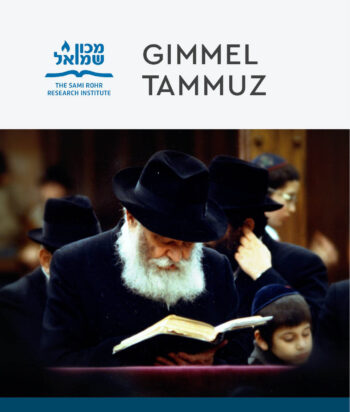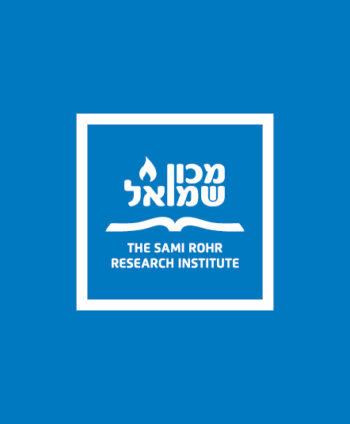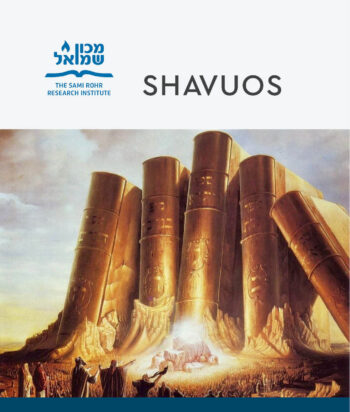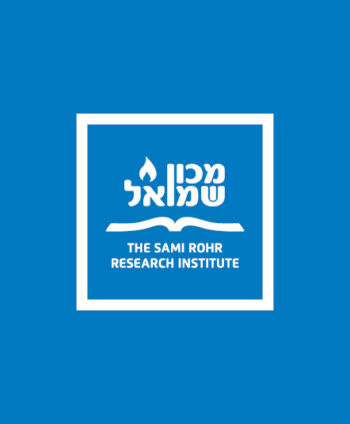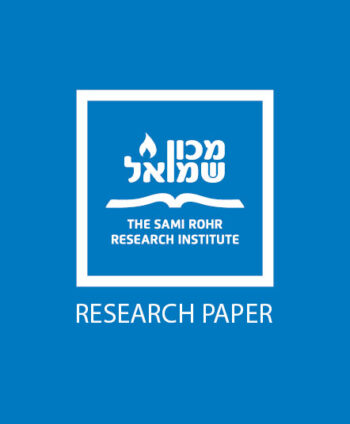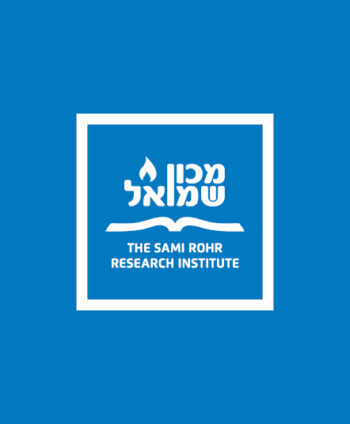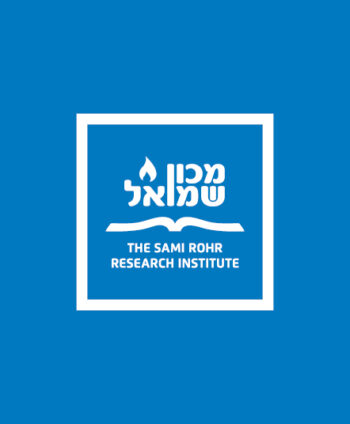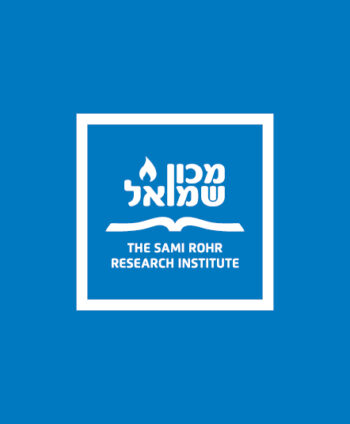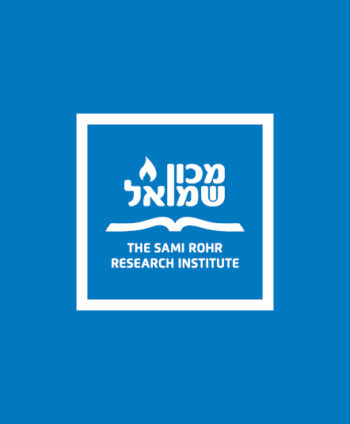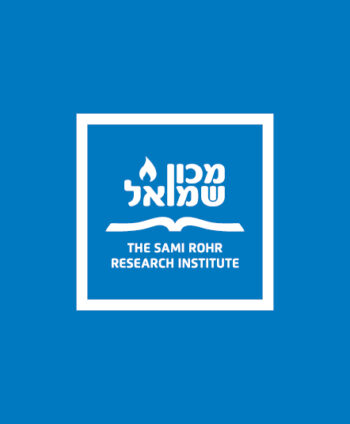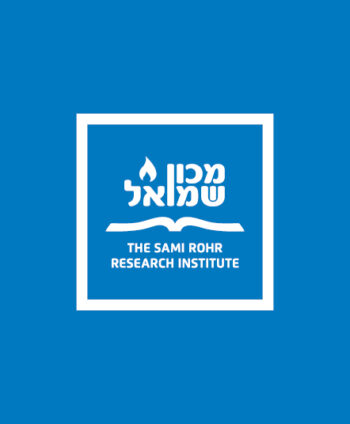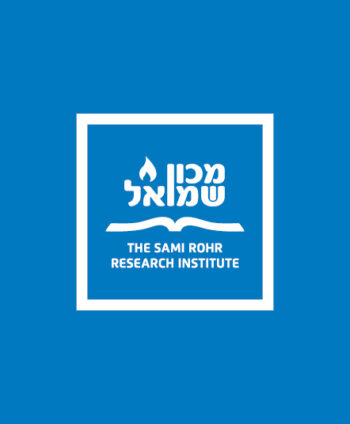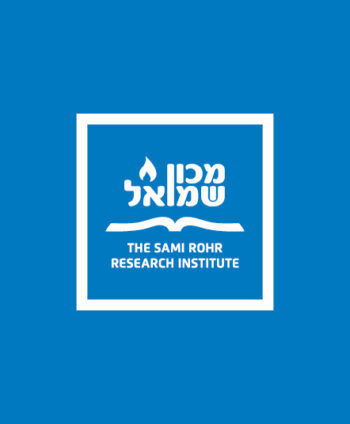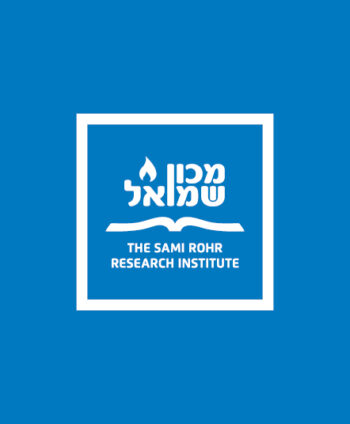-
Machon Shmuel – Gimmel Tammuz
$36.00Original price was: $36.00.$18.00Current price is: $18.00.Machon Shmuel is proud to offer a collection of papers on a variety of topics relevant to Gimmel Tammuz.
In stock
-
Secrets of Kefitzas Ha-Derech $25.00
In 1903 professor Simon Newcomb argued that human flight was a “mathematical impossibility,” but that same year, the Wright Brothers successfully launched the first powered airplane.
Having your travel route shortened and arriving at your destination almost momentarily is known in Biblical terms as Kefitzas Ha-derech. It may be “naturally impossible,” but miracles do happen! From Avraham to the Baal Shem Tov, some of our greatest heroes experienced this firsthand.
Read this paper to explore this fantastic feat, its history and halachic ramifications. Have a safe trip!
(67 pages)
Submitted by a Shliach in Florida
In stock
Machon Shmuel is proud to offer a collection of papers on a variety of topics relevant to Shavuos.
In stock
In recent decades, thousands of Jews have gravitated to the East in pursuit of spiritual enlightenment. More recently, several Eastern Practices have been secularized, popularized, and repackaged as physical and meditative exercises. Does this make them kosher? Which practices are problematic and should be avoided? And what was the Rebbe’s response to the popularization of Yoga and Transcendental Meditation back in the '70s?
(67 pages)
Submitted by a Shliach in New York
In stock
Harmonizing two monumental works of the Rambam, in the teachings of the Lubavitcher Rebbe
In stock
Love is not bound by time. Even after a loved one passes on, they continue to live on in our hearts; we treasure the memories of the times we spent together and immortalize them through noble deeds.
But may we communicate with them after they’ve gone? The Torah (Devarim 18:11) instructs us to avoid all occult arts, such as sorcery, divination and necromancy. What are the details of these laws and what practical relevance do they have?
Related: Familial Bonds in the Hereafter and תפלה על קברי צדיקים
(21 PAGES)
Query from a Shliach in France
In stock
Many natural substances have psychoactive (mind-altering) properties that can significantly impact one’s mental state and affect one’s mood.
May an observant Jew avail himself of such stimulants? Is such recreation acceptable from a halachic standpoint, or does it contravene one’s Torah obligations? How would we judge actions taken while under the influence of drugs and alcohol?
See also: “The Drugs Debate” on the appropriate legislative attitude towards controlling the proliferation of potentially harmful substances.
In stock
In stock
Modern Geology postulates that the seven continents of the Earth originated in a single land mass, and at some point, drifted away from each other.
Does this theory “hold water” from a Torah perspective? If yes, can this theory explain how the kangaroo reached Australia?
In stock
A cornerstone of our belief is that a life of good deeds is rewarded with “a world that is truly good” in the Hereafter.
Is there another way? Can one “purchase” eternal reward on the open market? Can you get the “deal of a lifetime” (or the afterlife!) on ebay?
What are the Halachic principles of such a transaction? Can one buy or sell such 'intangibles'? Would the transaction by valid, legal tender? Do “free market principles” and “art of the deal” apply? How does this compare to the historic partnership of Yissachar-Zevulun?
Includes a collection of stories about tzadikim who engaged in such “commerce” throughout the ages for the benefit of klal Yisroel.
In stock
“A single moment of repentance and good deeds in this world is greater than all of the World to Come” (Avot 4:17).
During the final stages of a terminal illness, a patient may endure pain and suffering with no hope of improvement. What measures must be undertaken to prolong the life of the patient?
What are the halachic requirements for administering nutrition, hydration, oxygen and antibiotics? Does the age or presence of mind of the patient play any role in the decision?
Although questions of this nature must be dealt with by a Rav moreh hora’ah b’poel on a case-by-case basis, this paper provides an overview of the relevant issues.
In stock
“Either way, they are My children” [Talmud].
Blood is thicker than water, they say. The bonds of family are the anchor of an emotionally and spiritually healthy life. But what happens to these relationships after one passes on? Do we “meet again on the other side”? Do families stick together in the hereafter? What about teachers and their pupils? Is this contingent on whether the two are buried in close proximity?
Do the souls of the departed maintain a relationship with those left behind? Do they relate to and empathize with the trivialities of our corporeal existence? Does prayer at their grave-site invoke merit on their behalf?
In stock
How did man come to possess the arts of the occult? What is the scope of their influence over reality? How were they transmitted and shared? Are they still in existence?
In what way are Kabbalistic practices to be distinguished from the occult? Our tradition tells of sages who used the secrets of Kabbalah to manipulate the powers of creation. Does this fall under the same rubric?
In stock
In our era of material affluence, there is little we lack other than worthy, honorable and effective leadership.
But you may be surprised to learn that many more people are capable of leadership than are currently aware. If you are reading this, you probably are too.
Gain a deeper understanding of Jewish tradition’s rich history of iconic and celebrated leaders. How did they balance competence and control, with humility and self-transcendance? Most importantly, how can you?
Tamlichuni Aleichem.
In stock
One of the focal points of the High-Holiday prayers is the recital of the “Thirteen Attributes of Mercy” revealed by G-d to Moshe as key to arousing divine mercy (Shemot 34:6-7).
The Rishonim labored to identify the precise words of the verse that represent each of the thirteen attributes, yielding multiple interpretations.
Understanding the meaning of these attributes according to the Kabbalistic tradition of the Zohar and Arizal provides for a slightly different division of the words in the verse.
This collection provides some background on the significance of the Yud Gimmel Midos HaRachamim and its mystical meaning.
In stock
Since time immemorial, society has debated the merits of consuming animal meat for food. Today, many associate vegetarianism with compassion for sentient life, animal rights as well as a number of other cultural or health-related concerns.
What does traditional Judaism have to contribute to this conversation? Turns out — quite a bit.
Discover the various philosophical, halachic and kabbalistic aspects of nourishing our bodies with sustenance of animal origin.
In stock

